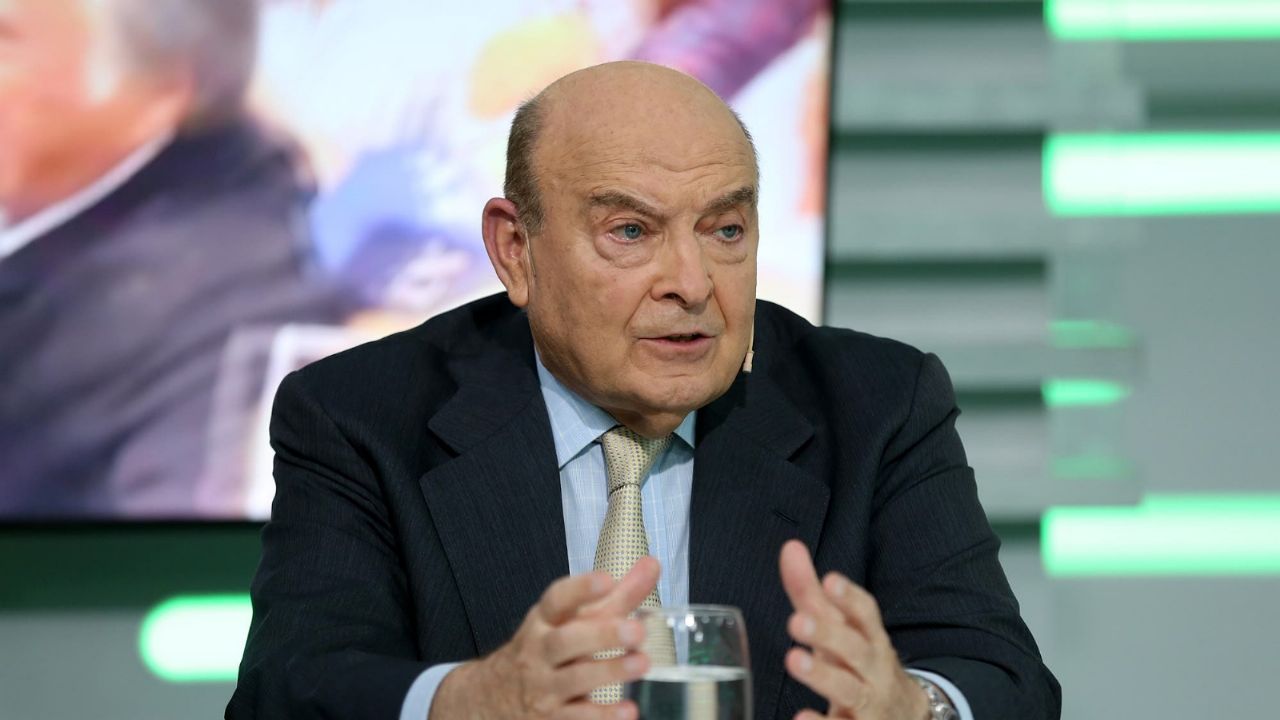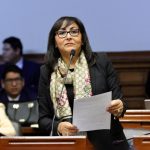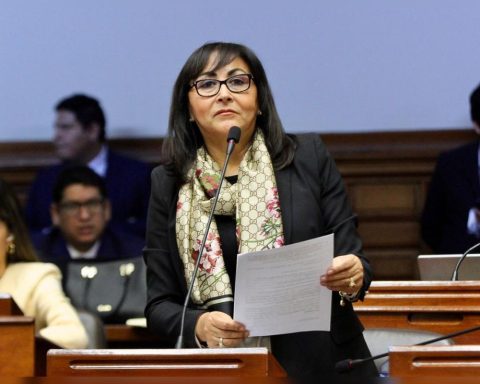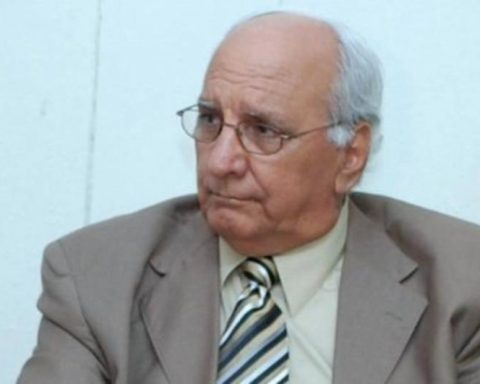“The truth about 2001” is the title of the text published by the former Minister of Economy, Domingo Cavallor, who was in charge of state finances during the so-called corralito that led to a deep economic and social crisis.
According Domingo Cavallo What happened between December 19 and 20, 2001 was the result of the debt generated between 1997 and 1999. The former official defended the management of former president Fernando de la Rúa, “he won the election and a hope of recovery was installed,” he said.
Domingo Cavallo insisted that the economy had been detrimental since before de la Rúa took office and the advisers of the then president did not warn him of its seriousness. “They only began to do it in the middle of 2000, when they were having a lot of effort to get the country out of the recession,” he said.
In the opinion of former head of Economy the worst came from abroad, when the capital markets began to bet against it and analysts highlighted the country risk, something that deteriorated the credibility of the management.

The media have a wrong version, according to the former minister, who maintains that the true responsibility for what happened in 2001 came later, with the administration of former president Eduardo Duhalde.
De la Rúa’s successor destroyed the convertibility according to Domingo Cavallo, “Through the compulsory pesification of all contracts in dollars, including bank deposits,” he reiterated.

Cavallo says he only tried to cut expenses
The former head of the Economy says that in 2000 he promoted a cut in expenses, including the salary of officials and reserved disbursements for the Executive. For him, it was a policy of maximum austerity that reached all public spheres.
The spending cut reduced the deficit by 2.5 billion dollars and raised revenue, but the weight of the debt neutralized the effect of the actions. The interest bill went from $ 9.8 billion to $ 11.7 billion, according to him.

Domingo Cavallo argues that Argentina failed to meet its goals for public spending and fiscal deficit in March 2021, a goal set in a support program from the IMF (International Monetary Fund).

















